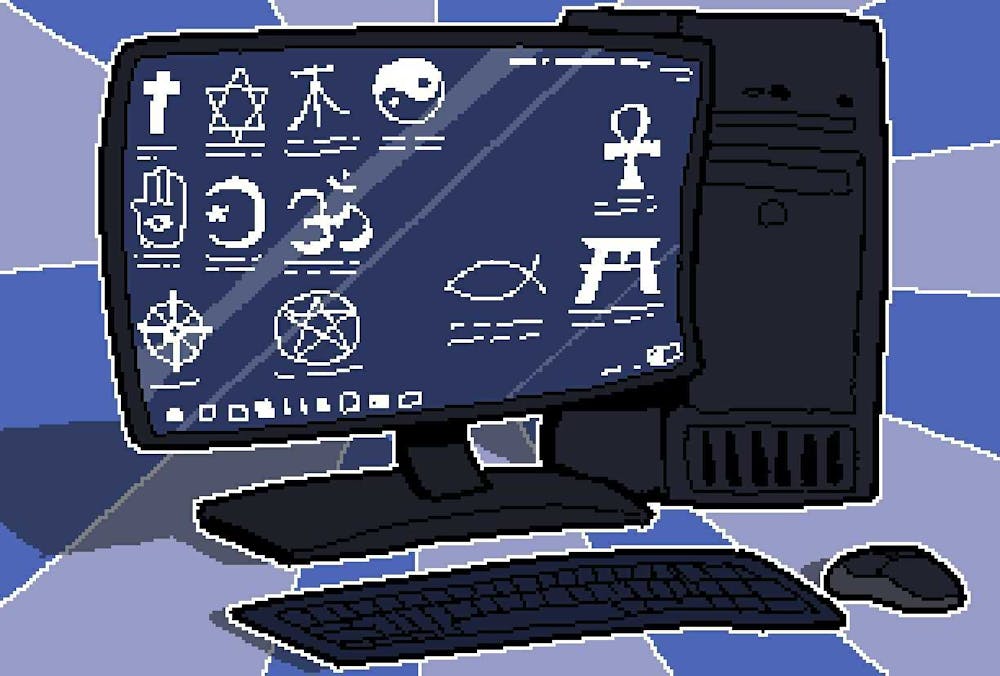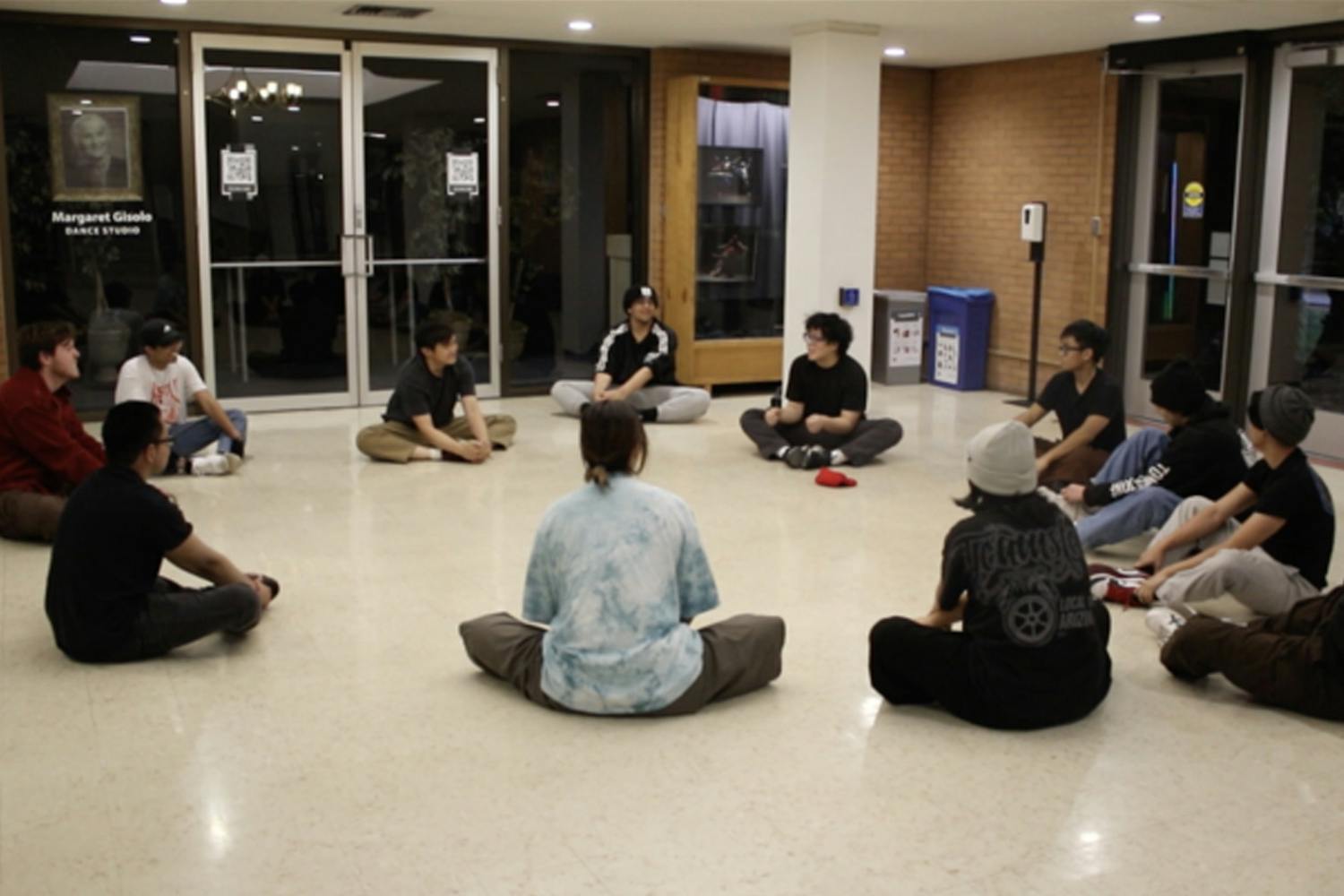With COVID-19 and social distancing at the forefront of many minds, services and rituals offered at ASU's faith-based organizations that would normally take place in churches, synagogues and mosques now occur online.
Pre-recorded sermons, live-streamed services and community meetings on Zoom are the new normal for many community-focused faith groups. Instead of mingling after gatherings, religious leaders now check in with students via phone calls.
Ben Joseph is the director of Friends of Internationals at ASU, an organization geared toward helping international students adjust to life in the United States and fostering personal and spiritual growth.
Joseph said that out of the 2,000 international students on the FOI mailing list, the majority is still in the U.S.
Rather than holding their typical dinner and discussion every Friday, the group now meets on Zoom to discuss topics like how students are handling the current situation and how their faith is helping them navigate COVID-19.
“The agreement was that, at the end, I get to share how, as a Christian, my faith is helping and why,” Joseph said. “And we had good feedback. At the end, one student said, ‘Wow, this is great. I don't see any difference than meeting on Friday night in person.’"
Outside of weekly meetings, Joseph said the staff at FOI reaches out to students by phone call to check in and sometimes pray for them.
“We are seeing an incredible increase in number from our students curious about the God thing,” Joseph said. “People are coming out, and in this season we are going through causing more and more young students to question life and even death.”
In addition to existing meetings moving online, many faith-based groups created new online programming to allow students to connect with each other remotely.
ASU's Council of Religious Advisors partnered with ASU Counseling Services to provide daily spiritual wellness seminars over Zoom. Each seminar is led by representatives from one of 11 different faith-based groups.
Other groups like Chi Alpha and Hillel Jewish Student Center are holding online student meetings for activities like cooking, watching movies and doing homework together.
Ben Sanders, co-executive director at Campus Christian Center, said there is more demand to connect with others and build a sense of community now that people can’t meet in person.
“I think all the groups are working to not let people be stranded alone in this, so I think there's a lot of reaching out,” Sanders said.
“And, you know, this is obviously a really difficult time for a lot of people and some people respond differently to the crisis. Some tend to go inward, and they're the ones that (we) really do need to reach out to.”
Elise Johnson, a freshman nursing major, is involved in Antioch Student Ministries, a group at ASU affiliated with Antioch Community Church in Chandler. For her, practicing remotely provides a chance to be more intentional about her connection with faith.
“I think people get too caught up on the idea of what church is supposed to look like, and that's something that I felt even before coronavirus,” Johnson said. “But essentially, the purpose of church is just to encourage people and just lead them closer to Jesus. And so that can happen whether you're in person or online, and God can move through all of it.”
The push to move online began shortly before Passover and Easter, holidays observed by many Jewish and Christian communities, respectively.
For some, these holidays took on a new meaning due to the need to practice social distancing and forgo the typical methods of observing the holidays.
Rabbi Suzy Stone, assistant director of Hillel at ASU, said though being online poses challenges, it also gives students a chance to learn about ancient texts and find faith.
“What I think that Judaism offers us is the ability to lean into the unknown, and to say that even though we don't know, we still have ritual, we still have communities, we still have texts, and we still have each other,” Stone said. “There's a lot that's unknown, but we are learning more than ever how important we are to one another, the interconnectedness of the world, how small the world is, and how much we need to lean on each other mentally, emotionally and spiritually during this time.”
Reach the reporter at gforslun@asu.edu and on Twitter @GretaForslund.
Like The State Press on Facebook and follow @statepress on Twitter.




